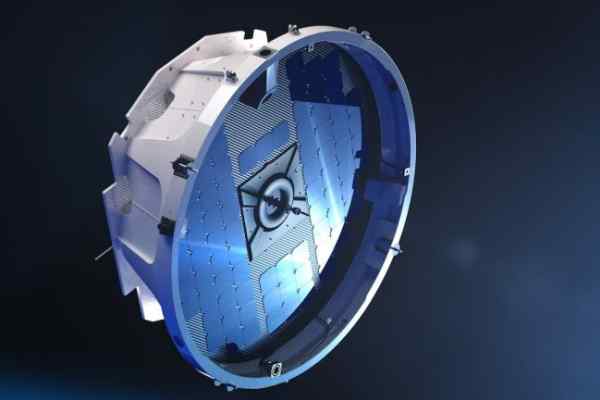Published on the 10/04/2019 | Written by Heather Wright

Frees small satellite operators from building hardware…
Rocket Lab has added in-house built satellite spacecraft to its line-up, creating a ‘turn key’ end to end service and propelling the business into a new orbit.
The company this week unveiled the in-house designed and built Photon satellite platform, which gives it an integrated spacecraft build and launch service, allowing customers to concentrate on delivering data and services from space, rather than building their own hardware.
Peter Beck, Rocket Lab founder and chief executive, says building hardware is a significant barrier for small satellite operators wanting to provide data or services from space.
“The time, resources and expertise required to build hardware can draw small satellite operators away from their core purpose, delaying their path to orbit and revenue,” Beck says.
“As a turn-key solution for complete small satellite missions, Rocket Lab brings space within easy reach. We enable our customers to focus on their payload and mission – we look after the rest,” he says.
“Our customers simply bring their payload or idea and we do the rest, taking care of the complete satellite design, build and launch as a bundled and streamlined experience,” Rocket Lab says.
The company says it’s already working with customers on missions for 2020. The first operational Photon will be launched in the fourth quarter of this year.
“[It’s] a turn-key solution for complete small satellite missions.”
The Photon spacecraft, which will be manufactured at Rocket Lab’s California headquarters and can be launched on the Electron rocket in as little as four months from order to orbit, fits well with Rocket Lab’s core mission of increasing access to space.
Beck has long held a vision for the company to be the FedEx of space, with frequent, cheaper, faster to deploy launches. The company is already producing an Electron rocket every 30 days to meet the continued monthly launch cadence in 2019, and expects to be launching every two weeks next year.
Rocket Lab says the Photon will have an available payload mass of up to 170kg and is designed for missions such as technology demonstrations, risk reduction pathfinders, constellations and hosted payloads.
“Photon is ideal for existing and emerging applications such as communications, remote sensing and internet of things,” the company says.
It will be able to support missions with an orbital life span of up to five years.
The Photon is an evolution of the Electron’s ‘kick stage’, which employs a cold gas reaction control system to precisely point itself to deploy satellite engines, with the 3D printed Curie engine able to be reignited multiple times to move to a different position. This enables small satellites to be deployed to independent, highly precise orbits and avoids the risk of contact between satellites on deployment.
The kick stage also has the ability to reorient itself and ignite the Curie engine one last time for a deorbit, re-entering the atmosphere and burning up.
Rocket Lab’s next scheduled mission is the launch from New Zealand’s Mahia Peninsula of experimental research and development satellites for the United States Air Force later this month. The company will carry three R&D spacecraft to low-earth orbit aboard its Electron launch vehicle in its second orbital mission for 2019. Last month it successfully launched the R3D2 satellites for DARPA.
The satellites, which include a joint Swedish-United States experiment to explore avionics miniaturisation, software defined radio systems and space situational awareness, will represent the heaviest mission to date, weighing in at more than 180kg.
The name for this mission: That’s a Funny Looking Cactus.



























